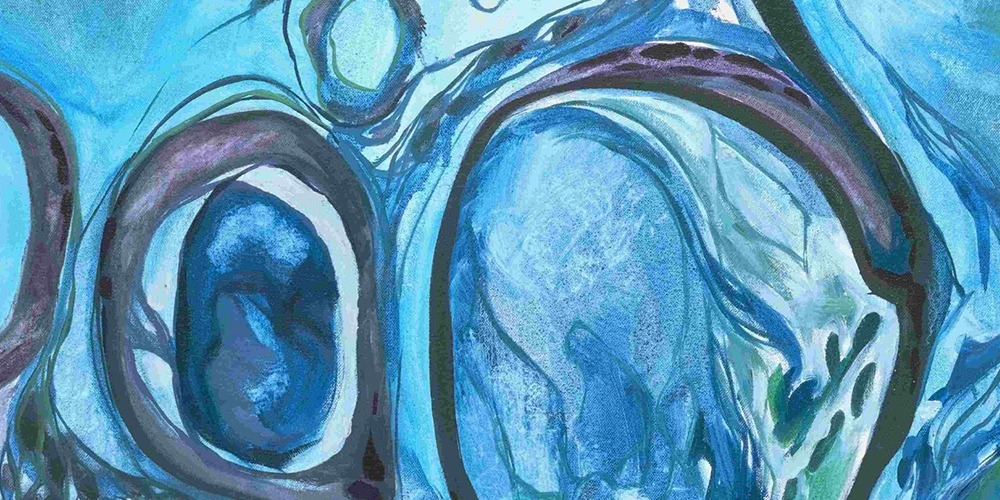U.S. Patent No. 10,460,150 centers around the use of machine learning to classify skin biopsies
PHILADELPHIA (PRWEB) OCTOBER 30, 2019
Proscia a leading provider of digital pathology software, has been granted U.S. Patent No. 10,460,150 by the United States Patent and Trademark Office (USPTO). The patent discloses techniques related to using deep learning to read and process digital images of skin biopsies and output findings for use in diagnosis, decision support, and triaging.
The standard of care for diagnosing tissue biopsies depends on a pathologist’s interpretation of patterns as viewed through a microscope. This 150-year-old manual and subjective practice cannot keep pace with the growing demand for diagnostic services, especially as the population of pathologists continues to decline. Dermatopathology exemplifies this trend. In the U.S., there are only 1,000 board-certified dermatopathologists available to read the 25 million skin biopsies taken annually; meanwhile, the number of new cases of melanoma diagnosed is estimated to increase by 7.7% this year alone.
This mounting cancer burden, in part, has given rise to digital pathology whereby specialized scanners transform tissue samples on glass slides into whole slide images. Whole slide images can be analyzed by Proscia’s Concentriq® software when coupled with its artificial intelligence applications to drive efficiency, quality, and confidence gains.
U.S. Patent No. 10,460,150 relates to techniques for using artificial intelligence to classify skin specimens into at least one of three diagnostic categories: basal cell carcinoma, dermal nevus, or seborrheic keratosis. It describes techniques that involve obtaining a computer-readable image of a human cutaneous tissue sample, processing the image using deep learning to output a diagnosis including at least one of the three categories, and outputting that diagnosis into an electronic medical records (EMR) system or displaying it to a human pathologist for confirmation.
The diagnostic categories considered in the patent account for the majority of dermatopathology cases. Systems as disclosed by the patent could drive significant workflow efficiencies by optimizing how dermatopathology cases are distributed across the laboratory to make the most of precious pathology resources. With appropriate development, validation, and regulatory approval, a covered system could also increase diagnostic accuracy to improve patient outcomes.
In June 2019, Proscia released DermAI™, an AI application on its Concentriq platform*, which utilizes techniques covered by this patent to deliver capabilities including intelligent workload balancing and case prioritization as well as automated QA and 100% AI re-review. This patent also supports Proscia’s product roadmap for enhancing DermAI with advanced capabilities to aid pathologists in making diagnostic decisions.
This patent is the second granted to Proscia this year. In September, Proscia was granted U.S. Patent No. 10,346,980, which relates to techniques for processing and analyzing medical images critical to the advancement of digital pathology.
About Proscia
Proscia is a software company that is changing the way the world practices pathology to transform cancer research and diagnosis. With the company’s Concentriq digital pathology platform and pipeline of AI algorithms, laboratories are leveraging new kinds of data to improve patient outcomes and accelerate discoveries. Proscia’s team of technologists, scientists, and pathologists is bringing a fresh approach to an outdated industry, helping the world to keep pace with the increasing demand for pathology services and fulfill the promise of precision care. For more information, visit proscia.com.
*Proscia’s products are not approved for primary diagnosis.
